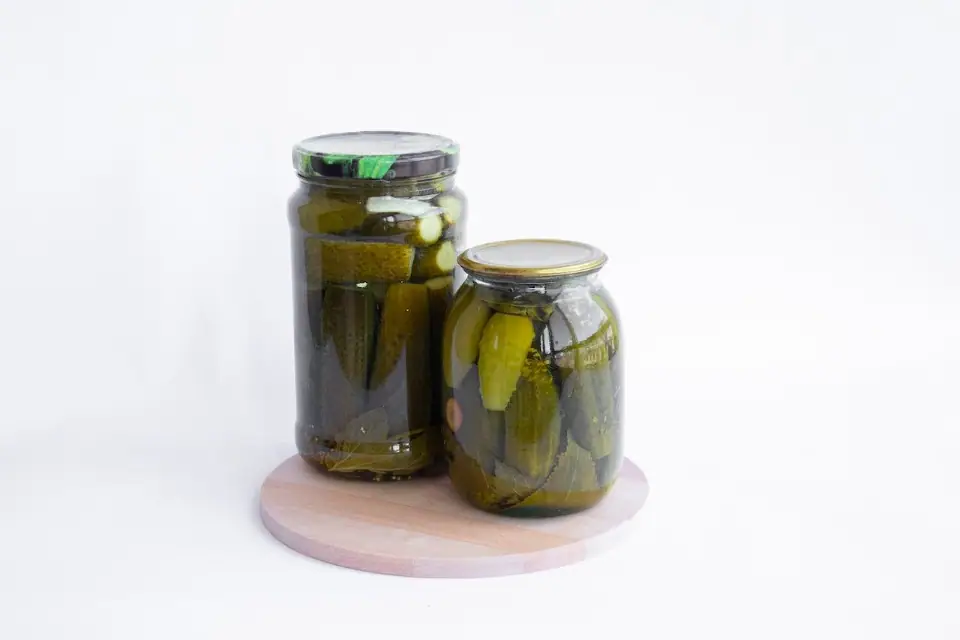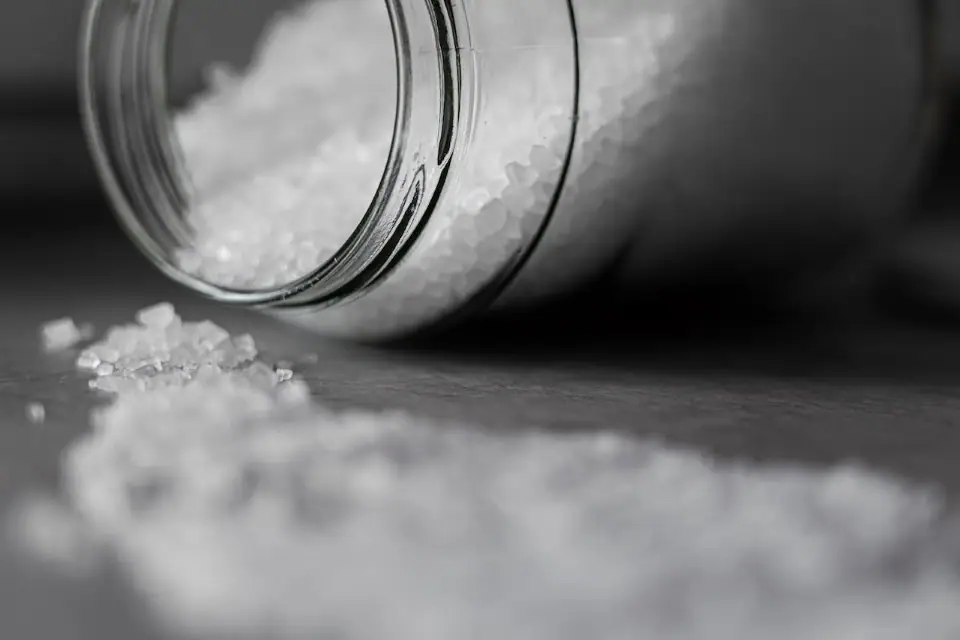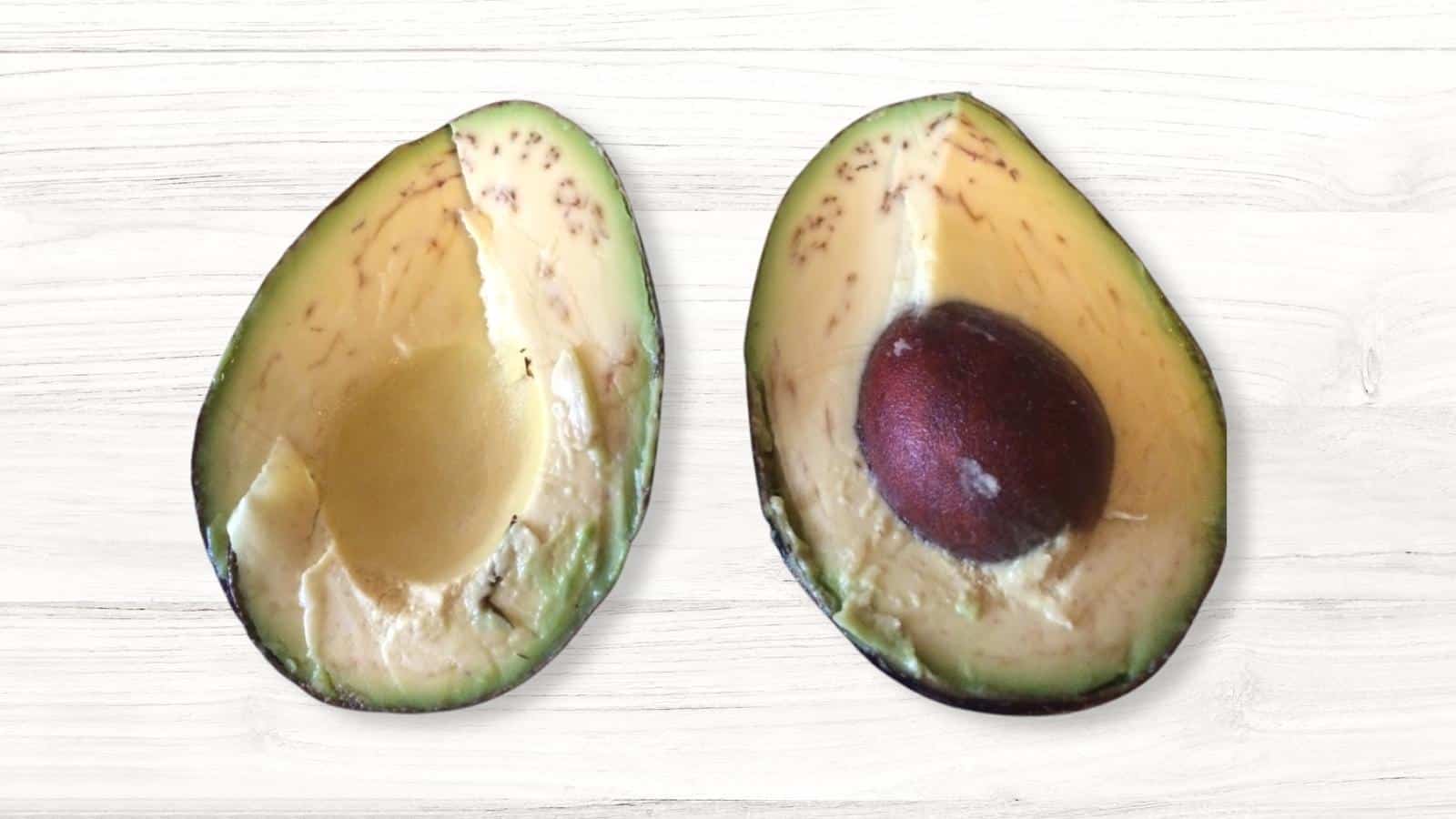Pickles are a popular snack and condiment enjoyed by many around the world. Their unique combination of briny, sour, and sometimes spicy flavors can add an exciting twist to a variety of dishes. But have you ever noticed that after munching on a few pickles, you might find yourself rushing to the bathroom? If you’ve experienced this, you’re not alone. In this article, we’ll delve into the science behind why pickles can have a laxative effect and explore some frequently asked questions on the topic.
The Pickle Paradox: Why Do Pickles Lead to Pooping?
Pickles, those crunchy, tangy delights, have a reputation for having a laxative effect on some people. This peculiar phenomenon can be attributed to several factors:
- High Salt Content: Pickles are typically high in sodium due to the brining process. When you consume a significant amount of sodium, it can draw water into your intestines, which may lead to loose stools or diarrhea.
- Acidic Nature: The acidic nature of pickles can irritate the digestive system. This irritation can lead to increased bowel movements as your body tries to eliminate the irritant.
- Probiotics: Fermented pickles, like kimchi and sauerkraut, are packed with probiotics, which are beneficial bacteria for your gut. These probiotics can promote digestion and regular bowel movements.
- Fiber Content: Some types of pickles, such as dill pickles, are a good source of dietary fiber. Fiber adds bulk to your stool and helps promote bowel regularity.

- Spices and Herbs: Pickles are often infused with spices and herbs, which can have a mild laxative effect on certain individuals. For example, spicy pickles may stimulate the digestive system.
- Individual Variability: Our bodies react differently to foods and beverages. What affects one person’s digestive system might not affect another’s in the same way. This is why not everyone experiences a laxative effect from pickles.
- Can pickles cause diarrhea? Yes, pickles can potentially cause diarrhea in some individuals. This is due to their high salt content and acidity, which can irritate the digestive system and lead to loose stools.
- Do all types of pickles have a laxative effect? No, not all pickles have a strong laxative effect. The impact can vary based on the type of pickle, its ingredients, and the individual’s sensitivity to certain components.
- Why do some people experience this effect while others don’t? Individual variability plays a significant role. Everyone’s digestive system is unique, and what might cause digestive upset in one person may not affect another person in the same way.
- Is there a way to enjoy pickles without the laxative effect? If you want to enjoy pickles without the potential laxative effect, you can try eating them in moderation. This can help reduce the impact on your digestive system. Additionally, drinking plenty of water can help mitigate the effects of the high salt content.

Conclusion: Balancing the Pickle Pleasure
In the end, the curious case of pickles making you poop can be attributed to their high salt content, acidic nature, probiotics, fiber, and individual sensitivity. While some may find that pickles lead to increased bowel movements, others may enjoy them without any adverse effects. To continue relishing the unique flavors of pickles without any digestive discomfort, it’s essential to consume them in moderation and be mindful of your body’s response. If you’re experiencing persistent digestive issues after eating pickles or any other food, it’s advisable to consult with a healthcare professional to rule out any underlying conditions. In the realm of culinary delights, pickles remain a beloved treat, and understanding their effects on our digestive system can help us savor them in a way that’s both enjoyable and comfortable. So, go ahead and indulge in some pickles, but do so wisely, knowing that their impact on your digestive system can vary from person to person.













